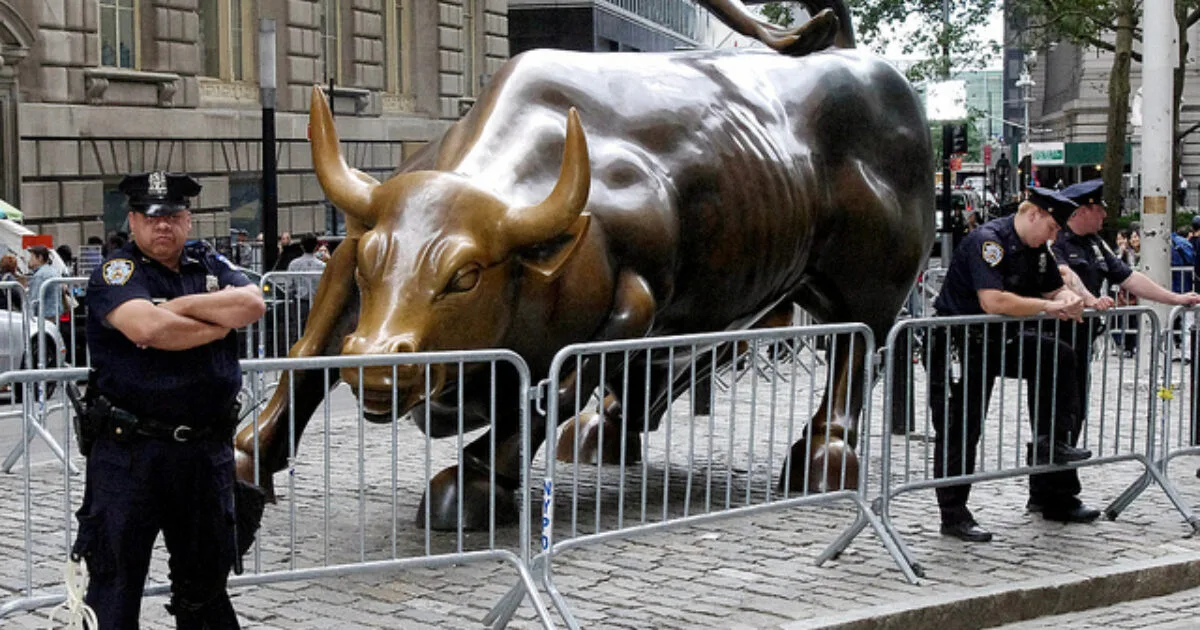In most of the liberal discussions of the recent police killings of unarmed black men, there is an underlying assumption that the police are supposed to protect and serve the population. That is, after all, what they were created to do.
If only the normal, decent relations between the police and the community could be re-established, this problem could be resolved. Poor people in general are more likely to be the victims of crime than anyone else, this reasoning goes, and in that way, they are in more need than anyone else of police protection. Maybe there are a few bad apples, but if only the police weren’t so racist, or didn’t carry out policies like stop-and-frisk, or weren’t so afraid of black people, or shot fewer unarmed men, they could function as a useful service that we all need.
This liberal way of viewing the problem rests on a misunderstanding of the origins of the police and what they were created to do.

I agree, but I’d argue there’s an even better, simpler critique of that liberal approach to understanding police: The Purpose of a System Is What It Does.
Systems don’t have intentions. There’s no point saying a system is supposed to do one thing when it does another. Systems do what they do, and that is their purpose.

Systems do what they do, and that is their purpose.
Working in IT I’m not sure I agree with that. I mean I think you’re basically trying to say, ‘listen to my actions, not my words’, but still. People screw up designing systems all the time. Both bugs and design gaps exist. This doesn’t imply the system designer somehow intended those to happen, even if they built it that way.
I think there’s definitely an argument to be made that old, well established system are most likely doing what the controllers of those systems want. Otherwise they’d change them.

Systems don’t have intentions.
While this is true, there were definitely interests which were being furthered in the development of the system. And those interests were generally the interests of powerful capitalists, not working-class people. I think the word “intentions” is really being used as a shorthand for this.

I tell people all the time, The whole point of the police is to protect the wealthy from you, and the whole point of the state is to facilitate the theft of your resources and labor value with privileged armed protection. How successful would Jeff Bezos be at hoarding our resources without state protection while we starve and go without homes?

Excellent article. Here is some more material along these lines.
Articles:
- Origins of the Police by David Whitehouse (libcom)
- The Police Are Not Here to Protect You by Alex S. Vitale (Vice)
- The Socialist Case Against the Police by Brian Bean (Rampant Magazine)
- History Of Policing In America: Starts And Ends With Protecting Private Property by Jack Hurbanis (WUWM)
- The Racist Roots of American Policing: From Slave Patrols to Traffic Stops by Connie Hassett-Walker (The Conversation)
Video:
- Policing on Trial: The Case For Abolition - John the Duncan
Audio:
- Behind the Police Trailer - Behind the Bastards
- Behind the Police: Slavery, Mass Murder and the Birth of American Policing - Behind the Bastards
- Behind the Police: How The First Police Went From Gangsters, To An Army For The Rich - Behind the Bastards
- Behind the Police: The History of American Police and the Ku Klux Klan - Behind the Bastards
- Behind the Police: How The Police Defeated Lynching Via Torture - Behind the Bastards
- Behind the Police: How Police Unions Made Cops Even Deadlier - Behind the Bastards
- Behind the Police: How The Police Declared War On All Of Us - Behind the Bastards


